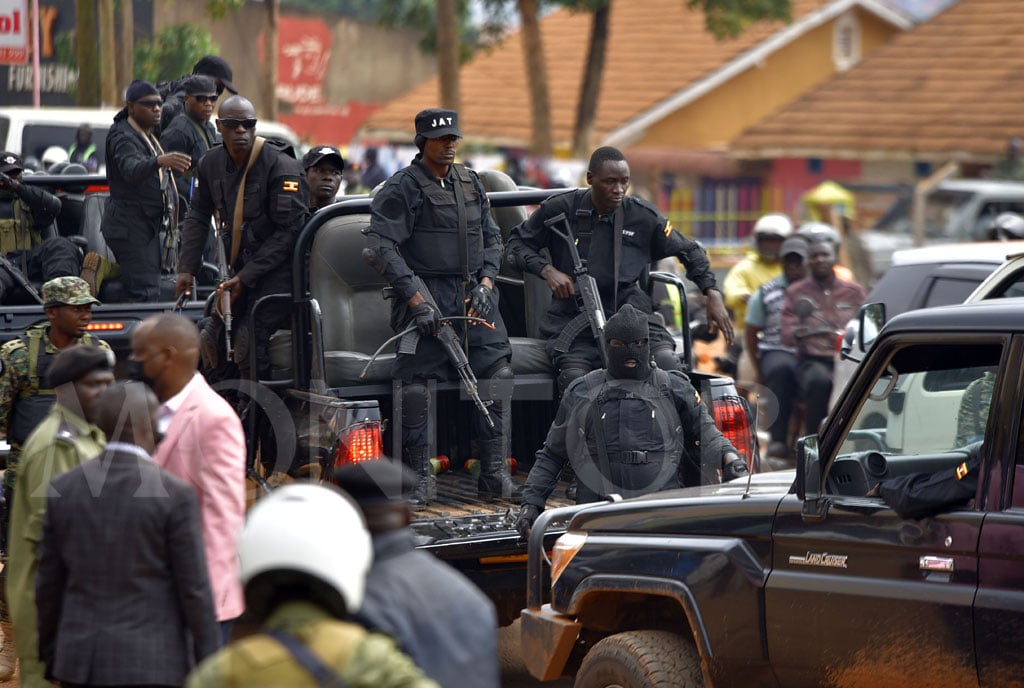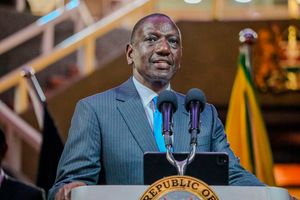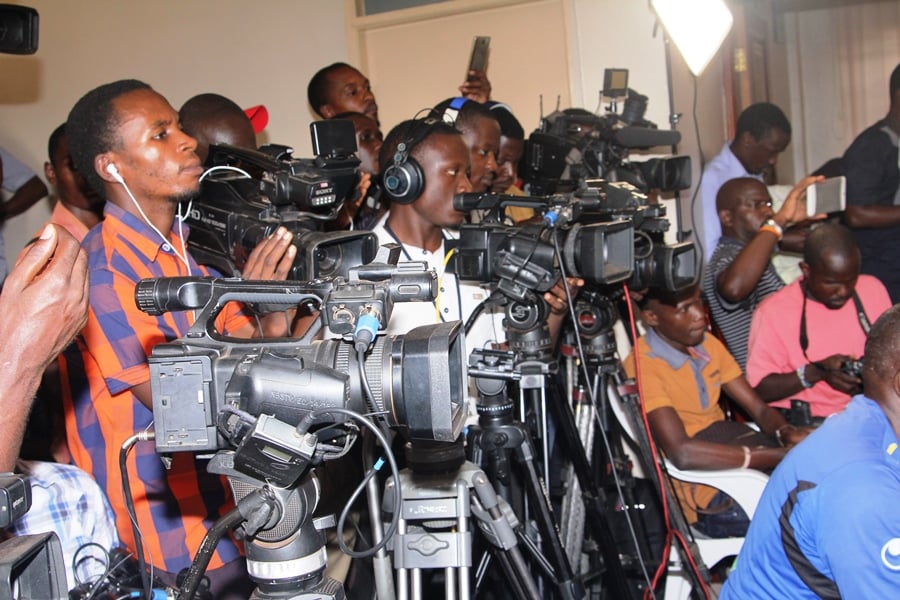
Rogers Magala
A march to Parliament in protest against corruption is no longer a fortnight out of sight.
All is expected to go down today as we (youth) take the forefront to express our dissatisfaction in how the Parliament of Uganda is entangled in corruption scandals.
However, there has been intimidation from the police and a warning from the President during his address to the nation on Saturday night.
As the President reads today’s issue of the Daily Monitor, hoping that he will, I would like to remind him of the youth he was as an equivalent of the current day Generation Z, alias Gen Z.
Maybe after taking a trip down the memory lane as a student at the University of Dar es Salaam, he will change his mind about usurping their freedom of expression and assembly.
At the age of 22 after his Advanced level studies at Ntare School in 1966, Mr Museveni was a self-proclaimed freedom fighter as he wrote in his book, “Sowing the Mustard Seed.”
While at university, Mr Museveni was already plotting ways on how to liberate Uganda from the first reign of Dr Milton Obote.
He was at the centre of starting and leading a Pan-Africanist students’ organisation known as University Students African Revolutionary Front (USARF) and often related with various revolutionary groups in the region like FRELIMO in Mozambique.
Even when he returned to Uganda, Mr Museveni with people like former Prime Minister Ruhakana Rugunda were at the centre of mobilising students against bad governance and violation of the rule of law to the extent of believing that they had the capacity to mobilise the army, if Obote had given them the opportunity.
In his late 20s Mr Museveni was pivotal in dislodging Idi Amin’s regime and at the centre of political power during the Uganda National Liberation Front (UNLF) governments.
In his early 30s, Mr Museveni did not lead the ‘Gen Z’ of the 80s to the streets to protest against election rigging of Obote, but with only 27 guns, he mobilised hundreds of them into the liberation struggle in the thickets of Luweero to overthrow presidents Obote in 1985 and Tito Okello Lutwa in 1986.
The President should, therefore, not forget so easily that when he took power in 1986, he was as old as Bobi Wine today, the president of the National Unity Platform (NUP) whom some of the Bush War fighters and pundits have sometimes despised as young and or unfit to lead Uganda.
Gen Caleb Akandwanaho (Salim Saleh), was aged 26 when the NRA took power and a teenager when he joined the liberation struggle in Nairobi. Alliance for National Transformation president, Gen Mugisha Muntu, was aged 28 years at the fall of Kampala in 1986.
I would run short of print space if I mentioned all the battles Mr Museveni won before, during and after the liberation struggle.
However, the most recent battle that earned him standing ovations internationally, was the suppression of Covid-19; a pandemic that killed more than one million people in just the United States.
If he is the Ssabalwanyi (indomitable freedom fighter) that he and his sympathisers say he is, why has he fallen short of subduing corruption?
Today’s march to Parliament is not an “attempt to bring chaos and step on people’s products on the road” as the President stated in the address.
We are merely throwing all our weight to his call to weed the corrupt out of his government and the vice out of Uganda and he should not treat us like archenemies.
The President should not derail our efforts as we perform our civic duties in combating corruption and misuse or wastage of public property as stipulated in Article 17 (i) of the Constitution.
During a rally in 1980, Mr Museveni said: “Ugandans would have to be taught how to fight against dictatorship. Don’t fear anything. Idi Amin used to say he feared nobody but God: but where is he today?” So, he should let us also take action today.
The President should, therefore, be generous enough to remember that we, his bazzukulu , share the same passion and love for our country like he was while at and after the University of Dar es Salaam.
Mr Rogers Magala is a Law student at Uganda Christian University.







